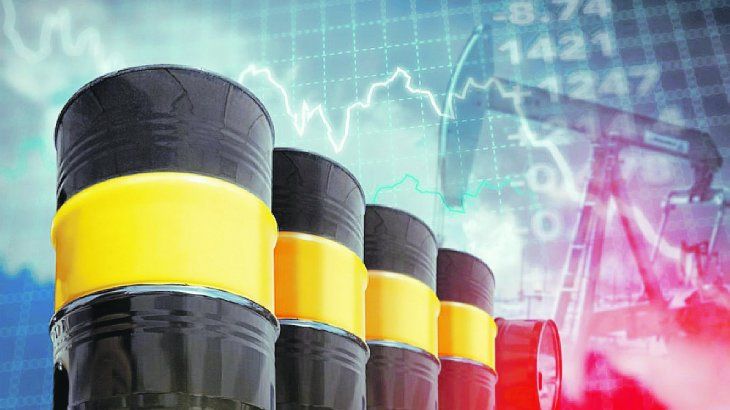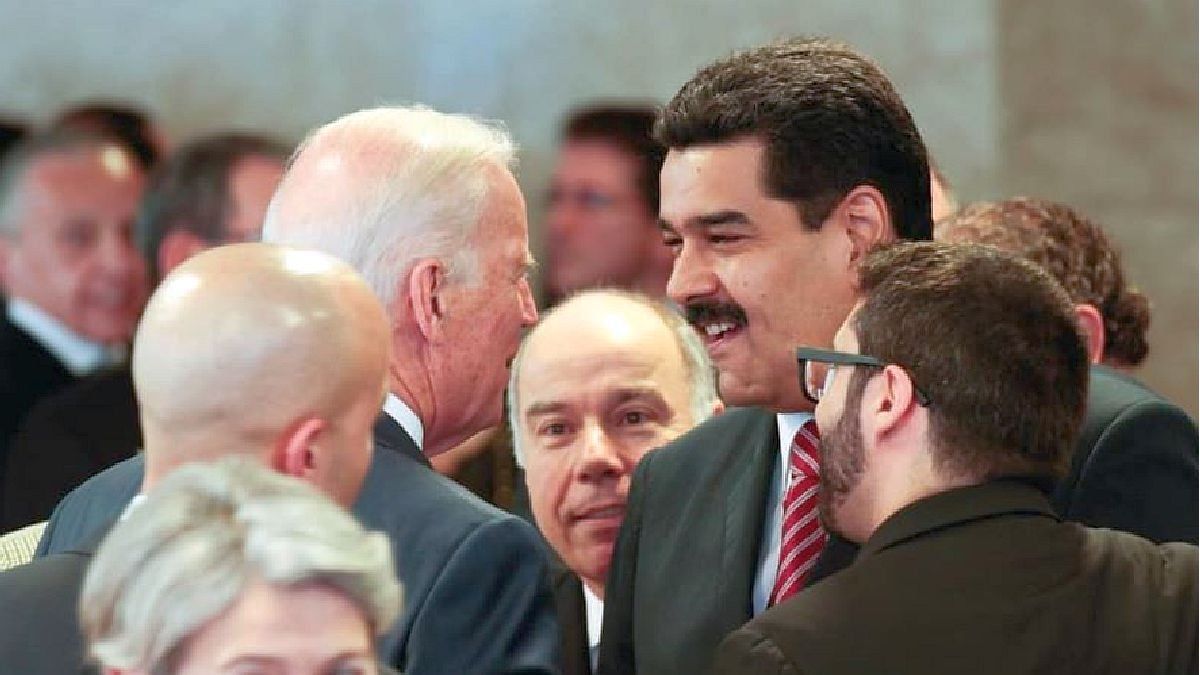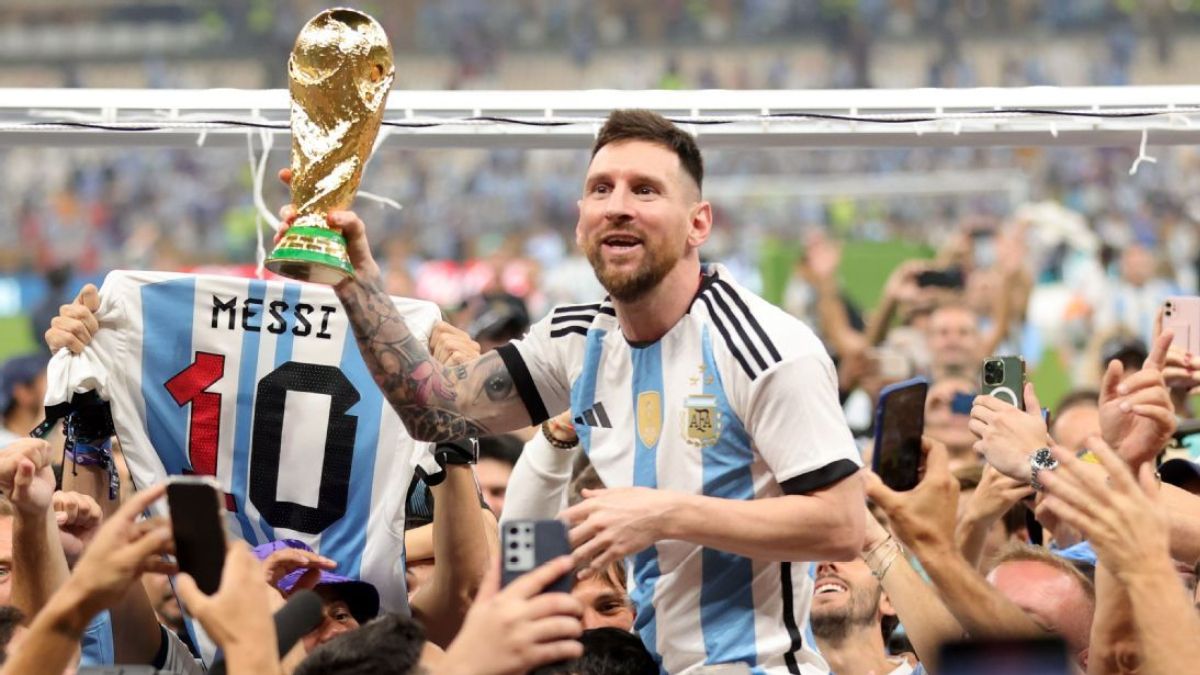The first novelty is that, for the first time in three years, “it seems evident” that the Miraflores Palace and the White House “they do not want to delegate the relationship and want to manage it directly”affirmed the Venezuelan political scientist Michael Penfold On twitter.
Another singularity is that, at least at the beginning, the dialogue had a much more political than formally diplomatic profile.
Participating for Venezuela were Maduro; his wife, the deputy Cilia Floresand the president of the National Assembly (AN, parliament) and usual leader of the government’s negotiating teams, Jorge Rodriguez. They are the three people who concentrate the greatest power within the ruling party.
oil venezuela.jpg
Drilling towers in the city of Maracaibo, Venezuela.
NA
In turn, the US delegation was led by the director for the Western Hemisphere of the National Security Council and main adviser to the president Joe Biden for Latin America, John Gonzalezwho was accompanied by the presidential delegate for Hostage Affairs, Roger Carstenand the ambassador in Venezuela -but based in Colombia since mid-2019, due to the rupture of diplomatic relations-, James Story. On the other hand, the Venezuelan foreign ministers Félix Plascencia and the American Antony Blinken were absent.
Without delay, on Tuesday two of the ten US citizens who were imprisoned in Venezuela were released, a long-standing concern of Washington, ratified on Monday by the White House spokeswoman, Jen Psakiconfirming the meeting.
That decision reflects the urgency of Caracas, which until now has resorted mainly to Russia – its state oil company Rosneft and various banks with access to the Swift international transaction system, from which Moscow has just been excluded – to export crude oil and import various goods and supplies despite to the sanctions of the United States and its allies, according to the economist and former Venezuelan deputy José Guerra.
“Russia had become the main provider of foreign exchange in cash for the Venezuelan economy, which is obviously interrupted under the current circumstances,” added fellow Venezuelan economist Asdrúbal Oliveros.
For that reason, US officials were willing to consider allowing, at least temporarily, Venezuela to use the Swift again, diplomatic sources told Télam.
The sudden rapprochement between Washington and Caracas offers Maduro several encouraging prospects.
On the one hand, it implies a recognition of his legitimacy as ruler, questioned for just over three years by the majority of the Venezuelan opposition and a large part of the international community, considering that his current mandate arose from irregular elections.
Until now, the United States was the main external supporter of the parallel government appointed in January 2019 by the AN -then with an opposition majority-, headed by Juan Guaidoand, although with less emphasis, it continued to be so since the beginning of 2021, when the mandate of the previous parliament expired and Biden succeeded donald trump at the White House.
On the other hand, it represents a perhaps unrepeatable opportunity to suffocate the longest and most serious economic and humanitarian crisis in the history of Venezuela, which for more than four years has been mired in hyperinflation and shortages of medicines, industrial supplies and food, somewhat moderate in the last biennium thanks to the de facto dollarization of the economy.
If Venezuela resumes oil exports to the United States, for now it will benefit from the high prices that crude reached in recent days -above $110 a barrel now and with forecasts of soon exceeding 140 dollars – due to the limitations of Russia, one of the world’s largest sellers, to place its production.
Oil price brent crude barrel.jpg

If, in addition, Washington annulled the sanctions that it imposedCaracas could sell the oil directly and enter all the product of those exports, without the considerable discounts that today it must pay to the complex network of intermediaries that it uses to export, avoiding those penalties.according to the American newspaper The New York Times.
The substantive improvement in income from oil exports and an eventual withdrawal of the sanctions, or at least a significant reduction in them, would also allow Venezuela to regain autonomy to supply itself, in the case of an economy that traditionally imported between 60% and 70%. % of what he consumed, according to various economists.
At the same time, the thaw, if it progresses – Psaki said on Wednesday that a new contact was not yet planned – will present the Venezuelan government with inescapable challenges, both internal and foreign policy.
In local matters, it may force him to guarantee irreproachable presidential elections in 2024 -if not, in addition, to advance them- and quickly improve the situation of imprisoned opponents (241, according to the latest balance of the specialized NGO Foro Penal, published on Monday past) and of those who are required by the Justice or were sentenced in trials suspected of partiality.
On Monday, confirming that he had received the delegates from the United States, Maduro announced “a reformatting of the national dialogue process”, more “broad and inclusive”.
The opposition sector headed by Guaidó said on Wednesday that it was willing to resume the negotiations that were held last year in Mexico and were interrupted by the ruling party when the Colombian businessman Alex Saab He was extradited to the United States, where he is in prison awaiting trial.
“Who said we’re going to Mexico? Where do they get that?”immediately replied the number two of the ruling United Socialist Party of Venezuela (PSUV), God given hairand stressed that “Mexico completed a stage.”
The case of Saab – of whom the ruling party said that he was a diplomatic agent of the Venezuelan Government only once he was arrested in Cape Verde, from where he was extradited to the United States – was not mentioned in the conversation last Saturday at the Miraflores Palace, assured a US diplomatic source to this agency.
In the international arena, if Venezuela begins to understand the United States, it will probably have to review its position in relation to Russia, which today is one of its main political, strategic and economic allies.
Until now, Caracas has not condemned the invasion of Ukraine but, on the contrary, has expressed its support for Russia in the conflict. Maduro had said it before receiving Biden’s envoys and the vice president, Delcy Rodríguez, ratified it on Thursday, after meeting in Turkey with Russian Foreign Minister Sergei Lavrov.
Source: Ambito
David William is a talented author who has made a name for himself in the world of writing. He is a professional author who writes on a wide range of topics, from general interest to opinion news. David is currently working as a writer at 24 hours worlds where he brings his unique perspective and in-depth research to his articles, making them both informative and engaging.




